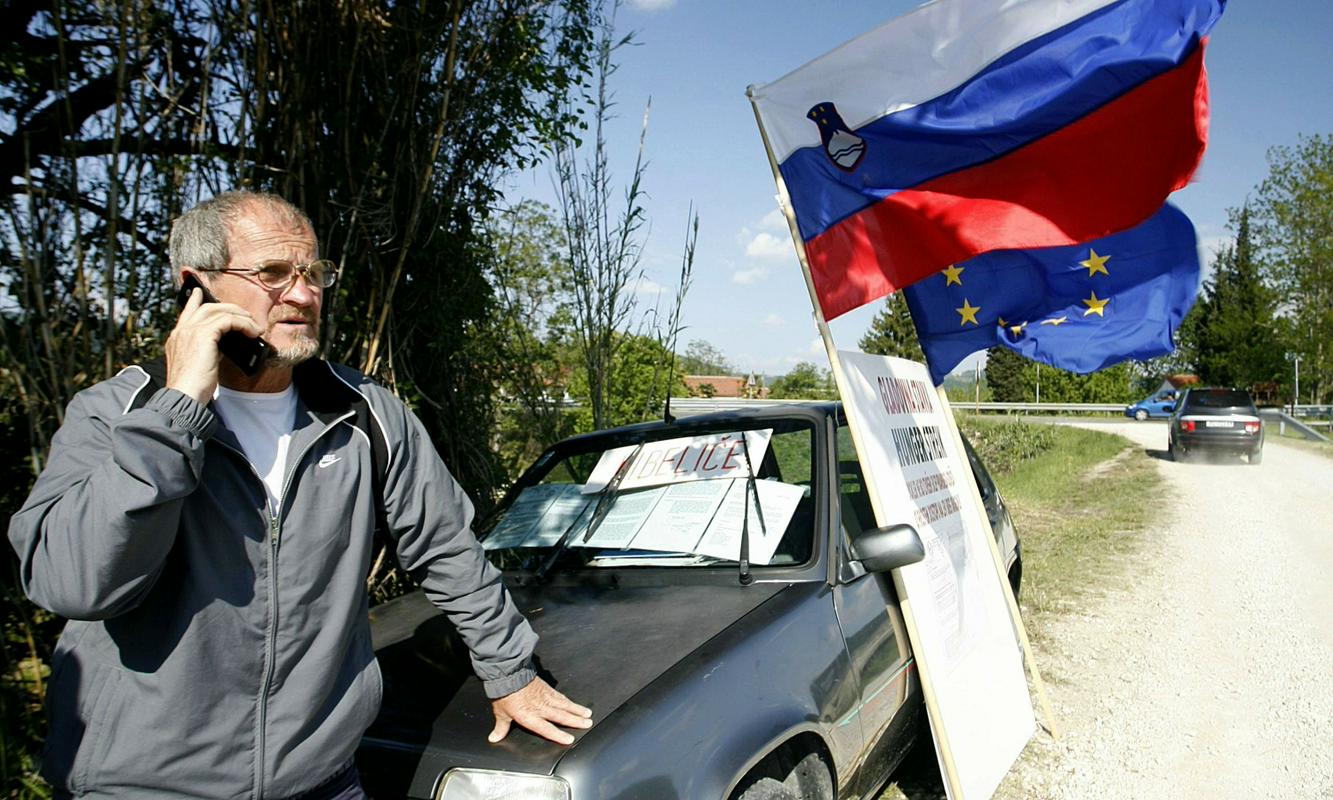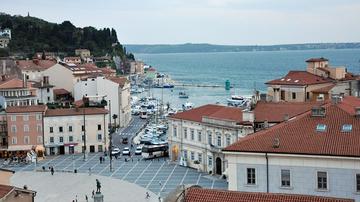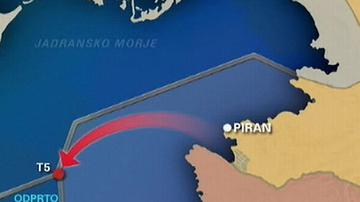
Joško Joras, Anton Škof and Ana Hafner stated in the Memorandum on Slovenian Territory on the South Bank of the Dragonja River that they wished to "inform the Slovenian as well as foreign public, and especially judges of the arbitral court that will decide about the border dispute, with our firmest intent not to accept any solution that would allot the territory south of the Dragonja river, which is the subject of arbitration, to the Republic of Croatia despite the fact this has never in history been part of Croatia".
The signers announced that they would fight a potential unfavourable arbitral decision with all available means, and compared the state of the disputed territory with the Russian occupation of Crimea.
The disputed territory by the Dragonja measures 113 hectares and includes the settlements of Škodelin, Bužini, Mlini and Škrile (Škrilje). Despite protest notes from Slovenia, Croatia built a border crossing called Plovanija in this area in 1994. The then Croatian Prime Minister Ivica Valetić assured the Slovenian PM Janez Drnovšek in writing that the checkpoint had only been built for the tourist season and could be pulled down in five days.
In the process of arbitration, Slovenia claimed the entire disputed territory on the left bank of the Dragonja. However, due to numerous inconsistencies, precisely this part of the land border is the most difficult. In a plebiscite, Slovenia forgot about the inhabitants of the now disputed settlements, and in the failed Drnovšek-Račan (2001) agreement this territory up to the river mouth of the Dragonja was allotted to Croatia.
Arbitral court expected to decide in autumn
Over a year ago, the process of arbitration finished with an oral court hearing in The Hague. The five-member tribunal had been expected to come to a decision by this summer, but now it seems the timeline has moved to autumn. First and foremost, the arbiters will need to justify their decision with good arguments, since this is a precedent for European countries in deciding by the uti possidetis juris principle, and this process still awaits all other countries of former Yugoslavia.
The arbitral agreement instructs the arbiters to determine the land border between Slovenia and Croatia strictly by international law, whereas to reach a just and fair decision regarding the border at sea, the court needs to take into account fairness and the principle of good neighbourly relations.
Dejan Ladika, TV Slovenija;
translated by K. Z.



































































